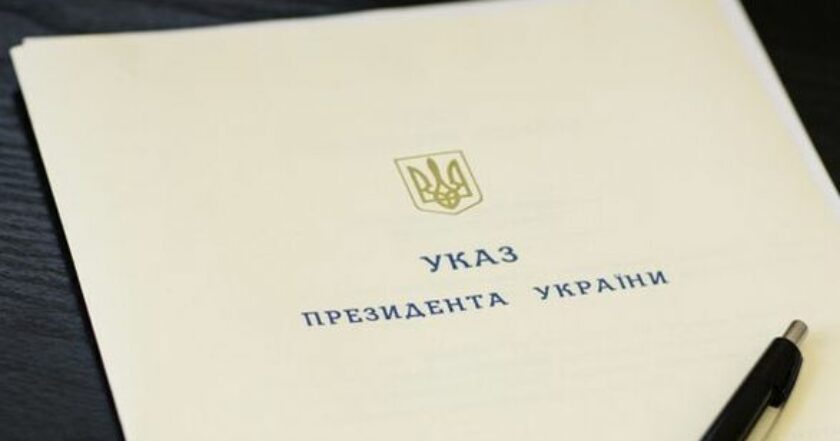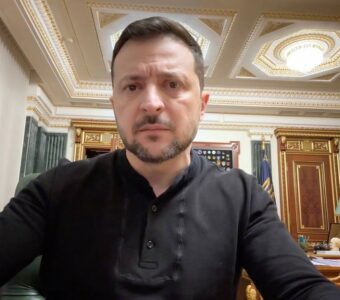Zelensky signs ethical lobbying law, advancing Ukraine's EU integration

President Volodymyr Zelensky signed into law the bill on ethical lobbying, which is one of the requirements for European integration.
According to bill №10337, the law aims to implement the recommendations of the European Commission, as documented in the expansion package, and is part of the government's anti-oligarchic action plan, Rubryka reports.
The purpose of the law is:
- To ensure the legal framework for lobbying in Ukraine in accordance with international practices and standards,
- To provide regulation of the interaction of officials of state authorities, local self-government bodies with interested parties and lobbying entities,
- To establish transparent mechanisms to ensure their activities and the activities of officials.
The document defines terminology in the field of lobbying, the rights and obligations of lobbying entities, methods of influence, and rules of ethical behavior of lobbying entities.
At the same time, the law envisages Transparency Register, the owner and administrator of which is the National Agency for the Prevention of Corruption. The procedure for registration in the Transparency Register and exceptions from it is also regulated. Access to the Register is open and free of charge.
As MP Yaroslav Zhelezniak pointed out, it will come into force two months after the start of the functioning of the Transparency Register, but no later than January 1, 2025.
"This was a very important commitment for our European integration," he added.
In February, the Ukrainian parliament, in the first reading, adopted a related bill on liability for violations of the lobbying law. 227 votes of parliamentarians supported the legislative initiative.
As reported, over 55% of Ukrainian citizens seek the fastest possible punishment for corrupt officials, even if it means breaking the law.
The second wave of sociological surveys shows corruption and war remain the country's main problems. Moreover, corruption in future recovery worries the population even more than the recurrence of military actions.



















































